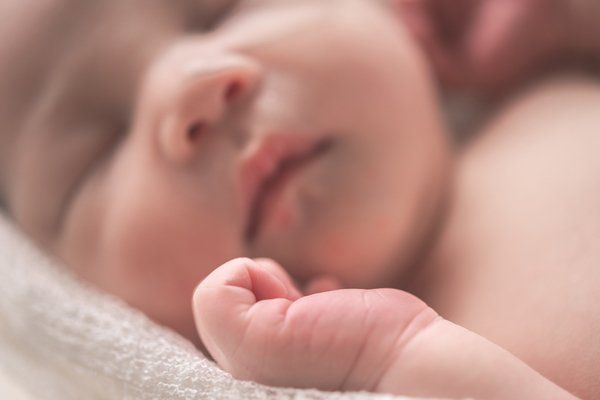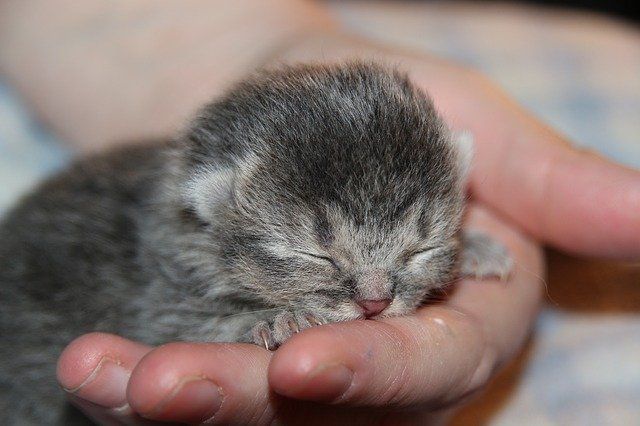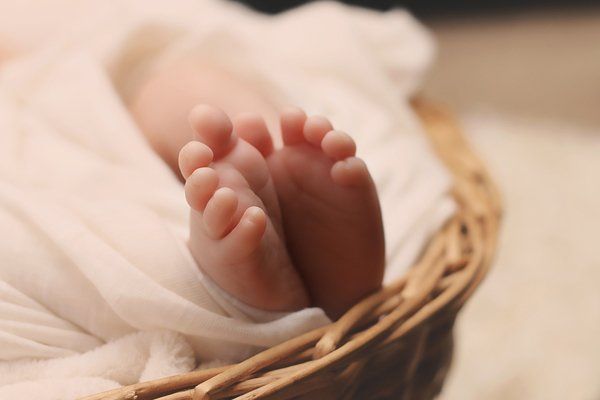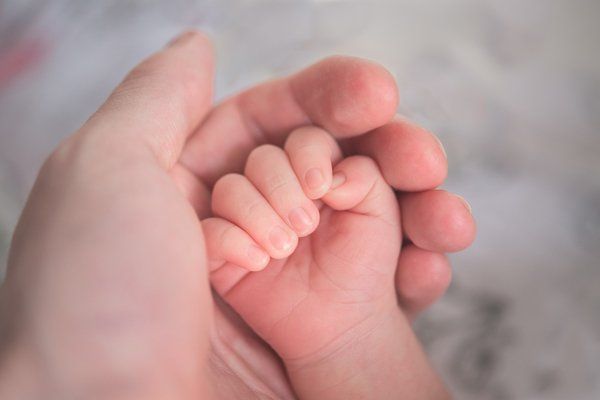
In the Sahara desert, dunes are constantly blown about and reshaped by the wind. This is also characteristic of 21st century British morals – ever changing and evolving. Sadly, the church has often failed to stand firm against shifting trends, despite following a God who does not change and whose Word stands forever.
Not all sand dunes in the Sahara move; some settle in one place and become ‘fossilised’. Likewise, amid the shifting sands of modern ethics, some things have remained fixed for a long time. Certain things – we all agree – are just plain wrong.
One of these things is child abuse. You never hear qualifications applied to the statement, ‘Child abuse is wrong’. People don’t say, ‘Well it’s a grey area’, or, ‘It depends on the circumstances,’ or, ‘It’s a person’s choice’.
People don’t say, ‘Look, no one likes child abuse, no one enjoys child abuse. You think people just merrily skip on down to the basement to abuse their children?’ or, ‘You’re in no position to judge, you don’t know their story’ or, ‘Parents are going to abuse their children whether we like it or not; it’s better that we give them safe access to child abuse’.
The lesser of two evils argument doesn’t work when applied to child abuse, because what could be a greater evil than child abuse: not abusing the child?
We all agree that child abuse is wrong and should be stopped. But few, even within some churches, will openly say that abortion is wrong and should be stopped. For example, not a single bishop in the House of Lords stood up to oppose the Northern Irish Abortion Bill.

And yet abortion is child abuse, a fact attested by biology as well as God’s Word.
Is it a child?
The question of when human life begins is of critical importance. If life doesn’t begin until birth then we needn’t worry about abortion. But if life begins at conception, then abortion intentionally kills an innocent human being. So when does life begin?
Bible
Our ultimate authority is the Bible, and it is clear that human life begins at conception.
King David referred to himself as a person from conception: ‘I was sinful from birth, from the moment my mother conceived me’ (Psalm 51:5).
From the moment of conception, there was a ‘me’ – a person. Not a bunch of cells, not an organ that later somehow magically turned into a person, but an actual person: ‘me’. And David was sinful from that moment. Mere products of conception can’t be sinful, only a person can be sinful.
In Luke 1, we read of John the Baptist ‘leaping for joy’ while in the womb and at the 5- or 6-month point of pregnancy. The Greek word used to describe him is brephos, meaning infant, suckling, baby.
Why was John leaping for joy? It was the first time he’d been in the same room as his Saviour Jesus, at that point no more than a few days old after fertilisation in the womb of Mary.
Of all the ways that the Son of God could have incarnated, he chose human life from conception. For 9 months, Jesus experienced, validated and sanctified life in the womb.
In Luke 2, the word used to describe baby Jesus lying in the manger is also brephos. The word is used again in Luke 18 to denote the children brought to Jesus to be blessed.
The Word of God is clear: what we have in the womb is a person, a baby. Before birth, after birth, it’s a baby, because birth is not when life begins, it’s a change in location.

Science
Every modern medical textbook agrees that fertilisation is when life begins. Dog life begins at fertilisation, cat life begins at fertilisation, and human life begins at fertilisation. From that moment, a new human being has come into existence. Life has begun.
The unborn’s DNA is different from the mother’s and different from the father’s. This new human being is utterly unique and all the information for his or her self-directed development is captured there and then. He or she is not a human part, he or she is a human being; they are offspring, not organs. What happens from this moment, and continues for the next 20 years or so, is development.
The NHS website has no hesitation in calling it a baby from as early as 9 weeks. In fact, it says that the baby is fully formed at 12 weeks and just needs to grow and mature.
Is abortion abusive?
The basic, objective facts of the abortion procedure speak for themselves. The various methods for ending the life of the unborn child are horrifying. I apologise if these words are upsetting, but this is the reality of the abortion procedure. It may include poisoning, suffocating, churning up, dismembering, disembowelling, beheading, crushing. This happens 800 times every working day in the UK.
Although anesthetic is administered to unborn children undergoing a beneficial operation – a clear admission that they do feel pain – no such kindness is afforded to those being dismantled through abortion.
This is true even of those babies killed after 22 weeks of gestation – 1,856 falling victim last year. Generally this is via a potassium chloride injection which is so painful that the American Veterinary Medical Association prohibits its use in euthanising animals without a prior anaesthetic.
Almost all (98%) of the 200,000-a-year abortions in the UK are performed on healthy babies and healthy mothers. Just 2% are because the baby is thought to have some kind of abnormality. Less than 0.5% are to protect the mother from death or serious injury.

A safeguarding issue
Millions of unborn children have been betrayed by a woeful miscategorisation of abortion by the church. One of the world’s leading evangelical teachers dismissed speaking out against abortion as pushing moral behaviours on non-Christians, as if abortion were a chiefly private and personal sin.
But abortion is not a private and personal sin: it’s child abuse. And standing up against child abuse isn’t pushing moral behaviours: you don’t even have to be a Christian to recognise that stopping and preventing child abuse is a basic safeguarding responsibility.
Turning a blind eye to child abuse is itself indirectly a form of child abuse. We are rightly angry when we find that people in positions of power especially Christian leaders – have known about child abuse in their organisations but done nothing to stop it.
All too often, weak church leadership has fostered an environment hospitable to abusers, where clergy and laity have been free to have their way with vulnerable children with impunity. All it takes for children to be abused is for church leaders to do nothing. Francis Schaeffer said, ‘Every abortion clinic should have a sign in front of it saying, “Open by permission of the Church”’.
A quote attributed to Dietrich Bonhoeffer exposes the lie of neutrality: ‘Silence in the face of evil is itself evil. God will not hold us guiltless. Not to speak is to speak. Not to act is to act’.
It is not enough merely to be pro-life. No doubt the priest and the Levite in the Parable of the Good Samaritan were anti-robbery in their beliefs, but they failed the test when it came to actually doing something to demonstrate love for their neighbour as for themselves.
Leviticus 20:1-5 makes it clear that we are obliged to intervene when we know that someone else is sacrificing their children; to fail to do so is a sin of omission.

We don’t know exactly how many abortions take place within evangelical churches in the UK, but it would be hard to argue, judging from a survey from the Evangelical Alliance on what evangelicals think about abortion, that it’s significantly different from the national rate of 1 in 4 pregnancies.
The fact that no one regards abortion as a safeguarding issue, within and without the church, demonstrates how comprehensively unborn children have been dehumanised before our eyes. Our silence has been no match for their vociferousness.
This is not theoretical stuff. This is not a hot topic. This is not wordplay. This is child abuse. It’s actually happening, and it needs to stop: now.
The next Brephos conference for church leaders, ‘For Such a Time as This’, is on Friday 8 November at Westminster Chapel. Tickets are now available.
Dave Brennan is Director of Brephos, a ministry that helps churches to teach about abortion.







